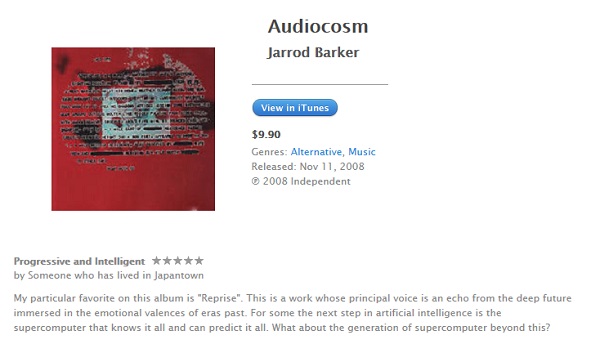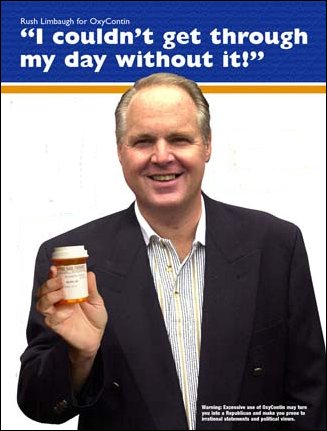
The human brain is a wonder of the universe, but our understanding of it can seem contradictory, says Steven Jay Fogel, author of the book Your Mind Is What Your Brain Does for a Living.
“On the one hand, we’re often told of those crucial years that our brain develops in childhood, when we’re rapidly progressing in development of our language and other skills, and our preadolescent and teenage years, when our brains undergo a sort of second Big Bang of learning,” says Fogel, (www.StevenJayFogel.com).
“But although it may seem that the brain is pretty much set by adulthood, it remains malleable throughout adulthood; it continues to change as we learn and adapt.”
Most of us are unaware that elements of our inner child’s development are constantly tugging at us, and we don’t have a clue that it’s happening, he says. In Jungian therapy there’s a concept called the dark side, or shadow side, the place in our unconscious to which certain feelings and thoughts are banished because they don’t support our image of ourselves, he says.

development.
“That is our inner child responding to the emotional pain we experienced and interpreted with the limited understanding we had when we were very young. It continues to steer our reactions and behavior as adults, often in inappropriate ways,” Fogel says.
Awareness creates an opportunity for change. Fogel reviews how our adult brain can take command of the inner child:
• Recognize the elements of your self identity that keep you trapped. Our identity – how we want the world to see us – develops, in part, as a response to avoiding pain. Our identity may change from one situation to another (in the same way a chameleon changes its body color to match its surroundings) as we slip on the persona we believe is expected in a particular environment or social setting. This automatic behavior is the opposite of making mindful choices, and it robs us of the joy of living in the moment and inhibits spontaneity.
• Be aware of when you’re acting. Many of us live our lives as though we’re playing parts in various movies, navigating different storylines every day. You may be the righteous Clint Eastwood manager at work and then shift into the town drunk during happy hour, and later the loving husband and father during brunch the following weekend morning. When you’re playing these roles, you’re not in the present.
• Be skeptical of what the voice in your head may tell you. It’s not easy to recognize and quiet the mental chatter associated with the different roles we play. We’ve become so accustomed to the voice in our head, that we don’t realize its messages are programmed – and not necessarily the truth. Is your voice telling you to feel guilty? Ashamed? Angry? Is that rational? If not, it may be your inner child acting out of a childlike fear.
“Instead of simply responding to what we’re hardwired to think and react, we can hear, in mindful repose, those promptings as simply chatter,” Fogel says. “When you’re mindful, the inner child’s chatter can be seen for what it is, and you will be free to take a more mature directionin your day-to-day living.”
Steven Jay Fogel is a longtime student of human behavior and development; he has studied with psychologists, educators, and rabbinical scholars. Your Mind Is What Your Brain Does for a Living, (Greenleaf Book Group Press, 2014), is his third book. He is also the author of My Mind Is Not Always My Friend: A Guide for How to Not Get in Your Own Way (Fresh River Press, 2010) and The Yes-I-Can Guide to Mastering Real Estate (Times Books-Random House). For decades he has been an active participant in the human potential movement, inspiring and mentoring others to seek their true selves. Fogel is a principal and cofounder of Westwood Financial Corp., one of the largest owner-operators of retail properties in the United States. He is a licensed real estate broker and past chairman of the California Arts Council.
Supplemental- Synchronicity is the experience of two or more events that are apparently causally unrelated or unlikely to occur together by chance, yet are experienced as occurring together in a meaningful manner. The concept of synchronicity was first described in this terminology by Carl Gustav Jung, a Swiss psychologist, in the 1920s.
The concept does not question, or compete with, the notion of causality. Instead, it maintains that just as events may be grouped by cause, they may also be grouped by meaning. A grouping of events by meaning need not have an explanation in terms of cause and effect.





